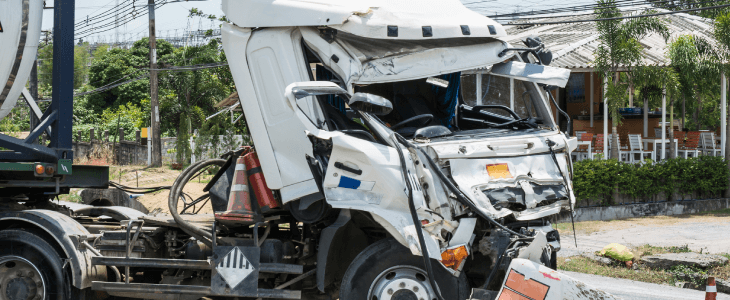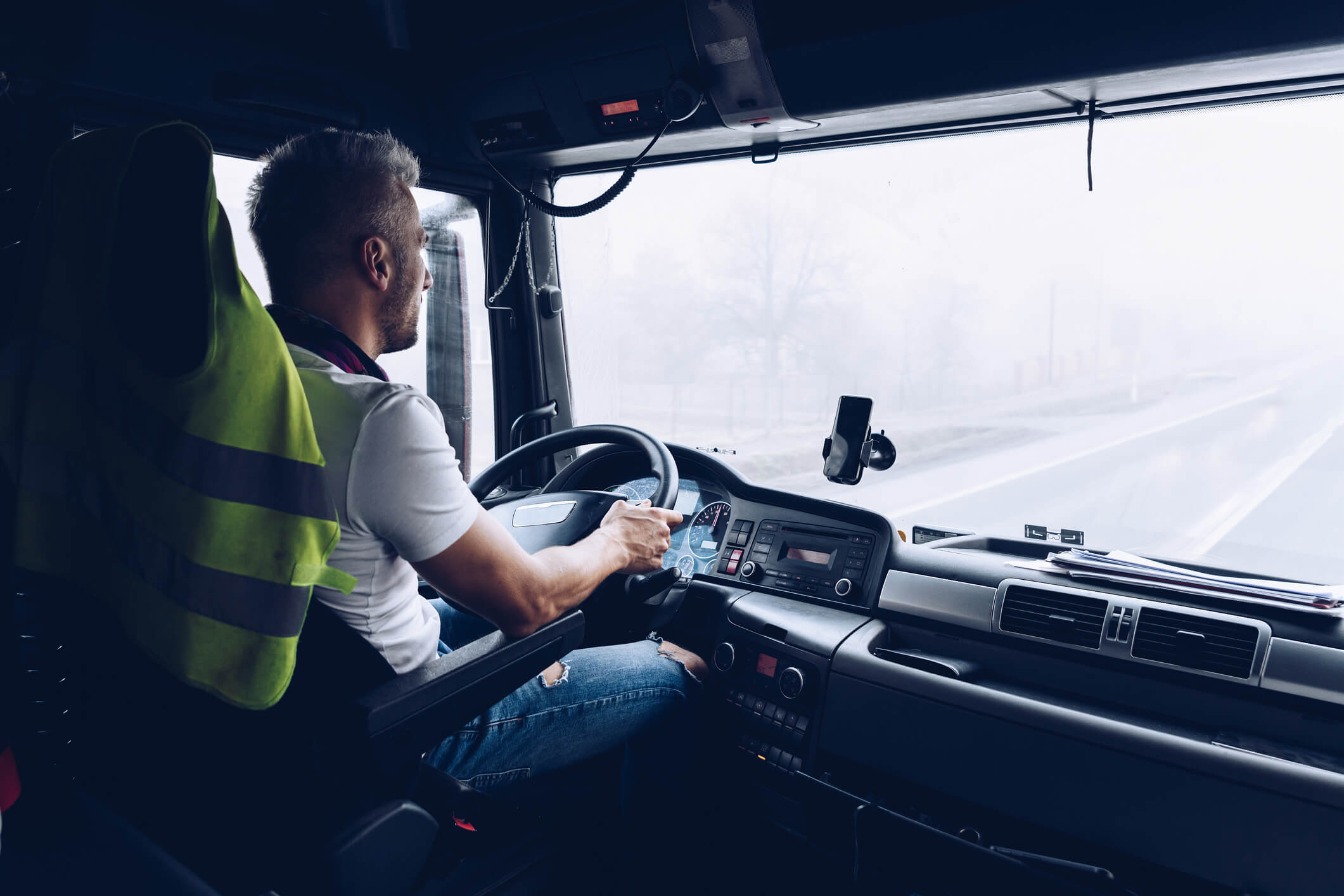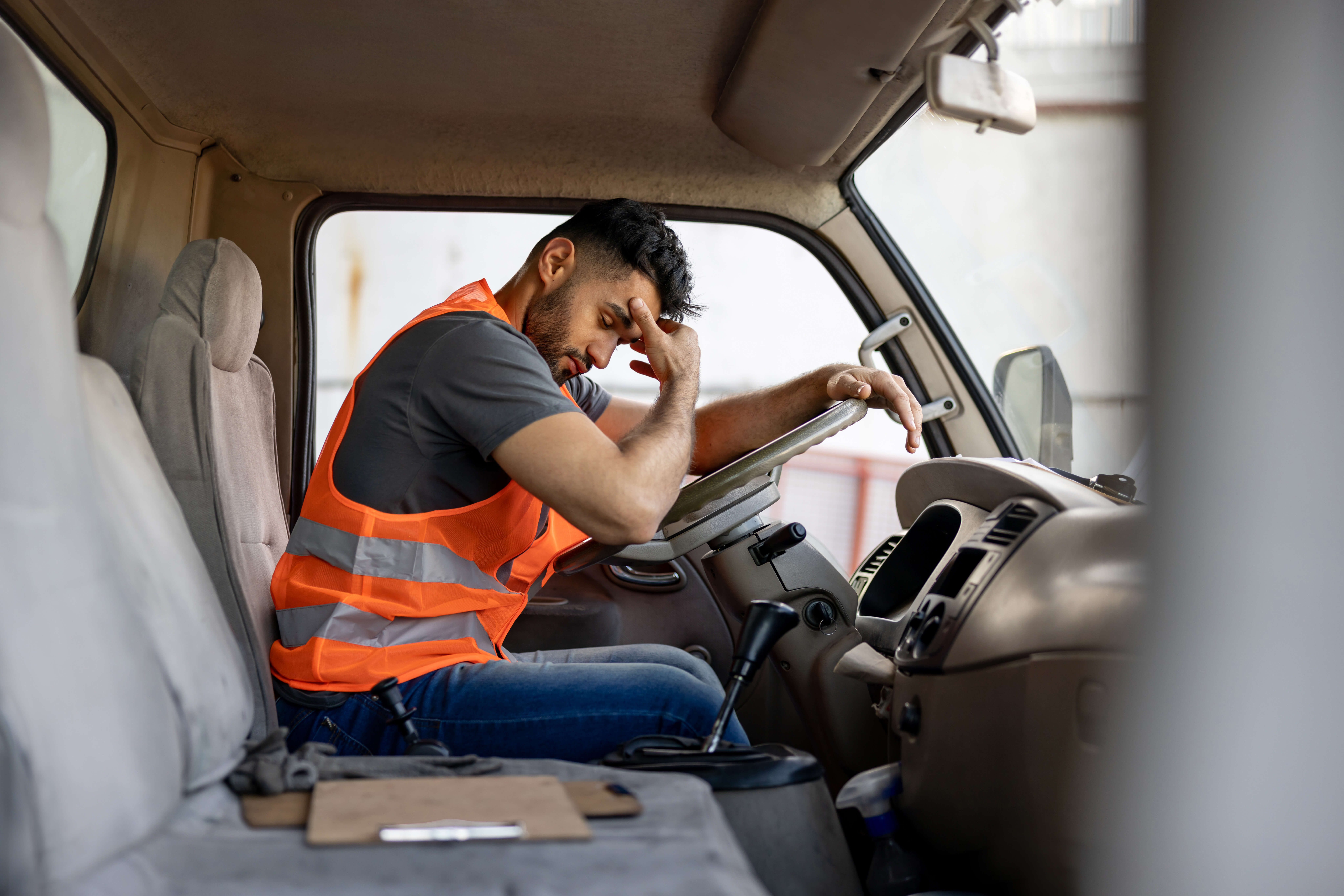The trucking industry is a cornerstone of national goods transportation, yet it carries the weighty responsibility of ensuring road safety. Central to this responsibility are regulations governing truck driver hours, aimed at preventing fatigue-related accidents and safeguarding all road users.
Regulations Governing Truck Driver Hours
The Federal Motor Carrier Safety Administration (FMCSA) enforces Hours of Service (HOS) regulations, which dictate the time commercial truck drivers spend on duty. These regulations combat driver fatigue, a major contributor to accidents involving large trucks. Key components of HOS include daily and weekly driving limits, mandatory rest breaks, and maximum on-duty hours.
Implementation of Electronic Logging Devices (ELDs)
To bolster compliance with HOS regulations, the FMCSA mandated the use of Electronic Logging Devices (ELDs) in commercial trucks. ELDs automatically record driving time and other workday aspects, providing accurate and verifiable data. They have significantly reduced falsified logbooks and promoted adherence to HOS regulations.
Impact on Accident Claims
Exceeding HOS limits can substantially affect accident liability. Violating these regulations at the time of an accident can establish a strong case of negligence. Courts often view HOS violations as evidence of a failure to prioritize safety, potentially shifting liability towards the trucking company and driver.
Role in Personal Injury Claims
Establishing negligence is pivotal in personal injury claims related to truck accidents. Demonstrating that the truck driver or company violated HOS regulations can strengthen the argument for negligence. Negligence implies a failure to meet the expected standard of care for a responsible commercial driver.
Mitigating Driver Fatigue Risks
Driver fatigue is a significant factor in many truck accident cases, and HOS regulations aim to mitigate associated risks. Proven fatigue resulting from exceeding HOS limits can influence compensation for the injured party. Courts may scrutinize such cases more closely, potentially leading to greater compensation for victims.
Defenses Against HOS Violations
Trucking companies and drivers may defend against claims related to HOS violations by arguing unintentionality, unforeseeability, or factors beyond the driver’s control. However, these defenses may not always absolve liability, especially if the violation contributed to the accident.
Contact Our Truck Accident Attorneys in Syracuse & Central New York
Truck driver hours of service regulations are paramount for road safety. Violations not only jeopardize lives but also impact accident liability and compensation. If you’ve been injured in a truck accident, the dedicated team at CDH Law will promptly investigate potential violations like HOS regulations. Contact us today for expert legal assistance.





